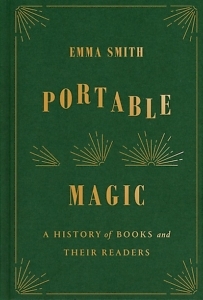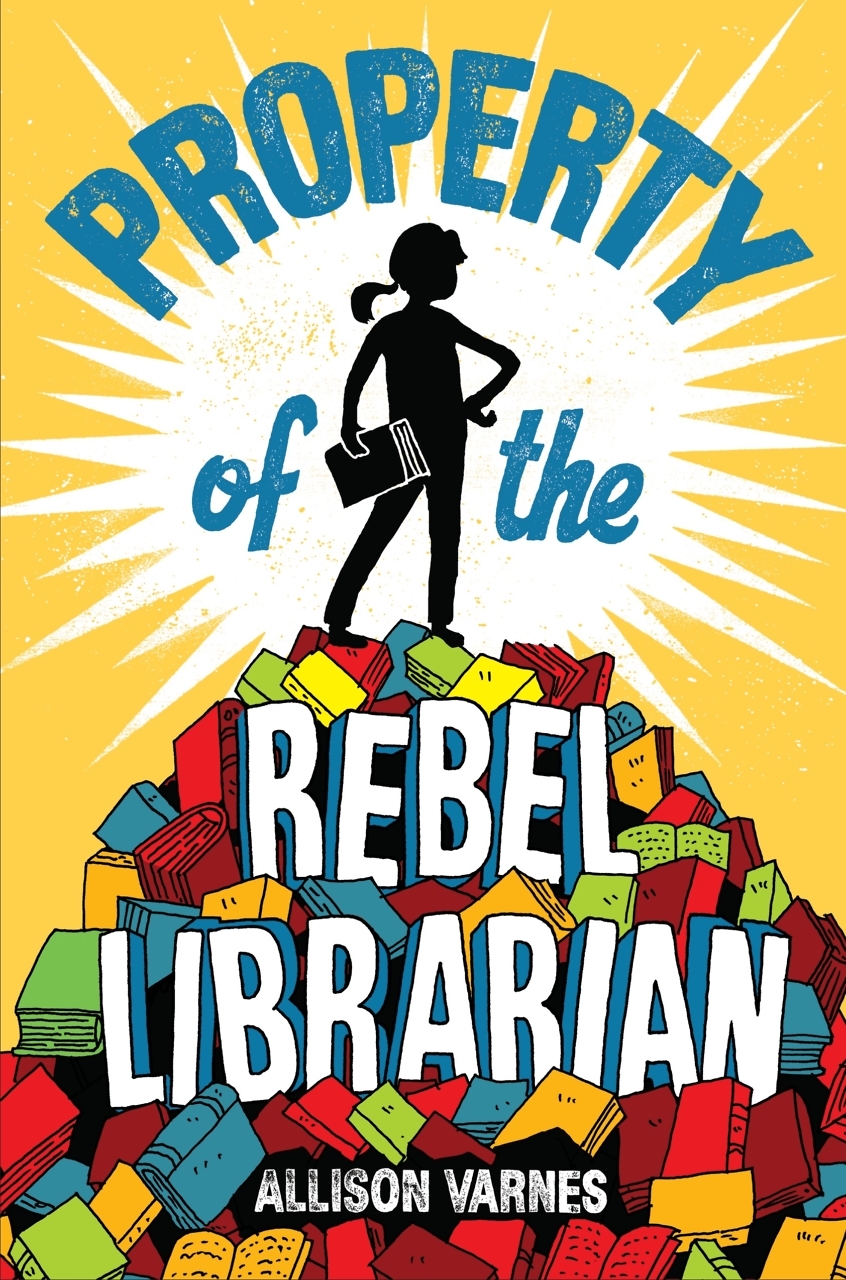The Wonderful Inseparability of Form and Content
Oxford scholar Emma Smith on the cultural history of the book
Emma Smith’s Portable Magic: A History of Books and Their Readers does not, as the title might suggest, celebrate the bond between readers and beloved books. Instead, it’s a critical look at books as objects and the ways they have been bought and sold, used and abused, feared and celebrated, reviled and fetishized, bound, banned, and burned throughout history.

Professor of Shakespeare Studies at Oxford University, Smith brings her considerable powers of analysis to bear upon a subject she believes has been too long overlooked: how the book has influenced history, culture, politics, religion, and commerce — and been influenced by them in return. “Portable Magic, then, is a book about books,” she writes, “rather than words. … Literary works don’t exist in some ideal and immaterial state: they are made of paper and leather and labor and handling. I want us to explore and celebrate this material heft, and the wonderful undersung inseparability of book form and book content.”
Smith’s canvas is broad and her commentary is sharp. She begins with the invention of the printing press, observing that “[Movable type] is to book production what opposable thumbs are to primate evolution.” But she also points out that Johannes Gutenberg’s celebration as the father of printing and the dismissal of the innovations that preceded him in Islamic and East Asian cultures had serious consequences: “Just as Europeans asserted the superiority of their technologies as the justification for, and means of, colonial control, so too they erased the technological achievements of the Orient.” In other words, she says, “It’s a history written by the winners.”
 Subsequent chapters consider how religious texts pioneered the evolution from clay tablets and papyrus scrolls to a “codex” or more book-like form, as well as the tremendous impact of paperback books, which rose to prominence thanks to the Armed Services Editions issued to soldiers during World War II. Smith examines the role libraries and book collectors play, the circuitous road a book may travel on its way to becoming a classic, and the effect that censorship and banning books can have on the marketplace. (They tend to be good for sales.) And throughout Portable Magic, Smith is sensitive to the often shameful treatment of marginalized people based on their race, gender, sexual orientation, and class by those who would wield the power of the book against them.
Subsequent chapters consider how religious texts pioneered the evolution from clay tablets and papyrus scrolls to a “codex” or more book-like form, as well as the tremendous impact of paperback books, which rose to prominence thanks to the Armed Services Editions issued to soldiers during World War II. Smith examines the role libraries and book collectors play, the circuitous road a book may travel on its way to becoming a classic, and the effect that censorship and banning books can have on the marketplace. (They tend to be good for sales.) And throughout Portable Magic, Smith is sensitive to the often shameful treatment of marginalized people based on their race, gender, sexual orientation, and class by those who would wield the power of the book against them.
Smith advises that we disabuse ourselves of any romantic notions about books in general — perhaps a difficult concept for those with bookish tendencies — but Smith has no such trouble: “Books are wonderful, challenging, transporting — but sometimes also sickening, disturbing, enraging. … [T]heir meanings, forms, and consequences are not innocent, or sentimental, or always nice.” She considers a prime example of the latter in a chapter devoted to the morality of publication, admitting that even checking Adolf Hitler’s Mein Kampf out of the library makes her uncomfortable. But on the subject of book burning — which she characterizes as “powerfully symbolic and practically almost entirely ineffectual” — she bristles at the often-made connection between “bibliocide” and genocide. She quotes 19th-century German poet Heinrich Heine: “Where men burn books, / They will burn people also in the end.” But for Smith, this belief “creates a perverse, unethical equation that anthropomorphizes the book.”
Books may not be alive, but the ways in which they have changed lives are incalculable. “The medium of the book was transformative in human affairs at every scale,” Smith writes, “from the physical habits of reading to the understanding of the world.” Portable Magic is a truly fascinating look at those transformations through the unique and thought-provoking perspective of one of our foremost literary scholars. In the final chapter titled “What Is a Book?” Smith cites modern technological advances, such as the rise of the e-book, before composing her own, somewhat surprising definition in response: “A book becomes a book in the hands of its readers. It is an interactive object. A book that is not handled and read is not really a book at all.”

Tina Chambers has worked as a technical editor at an engineering firm and as an editorial assistant at Peachtree Publishers, where she worked on books by Erskine Caldwell, Will Campbell, and Ferrol Sams, to name a few. She lives in Chattanooga.


